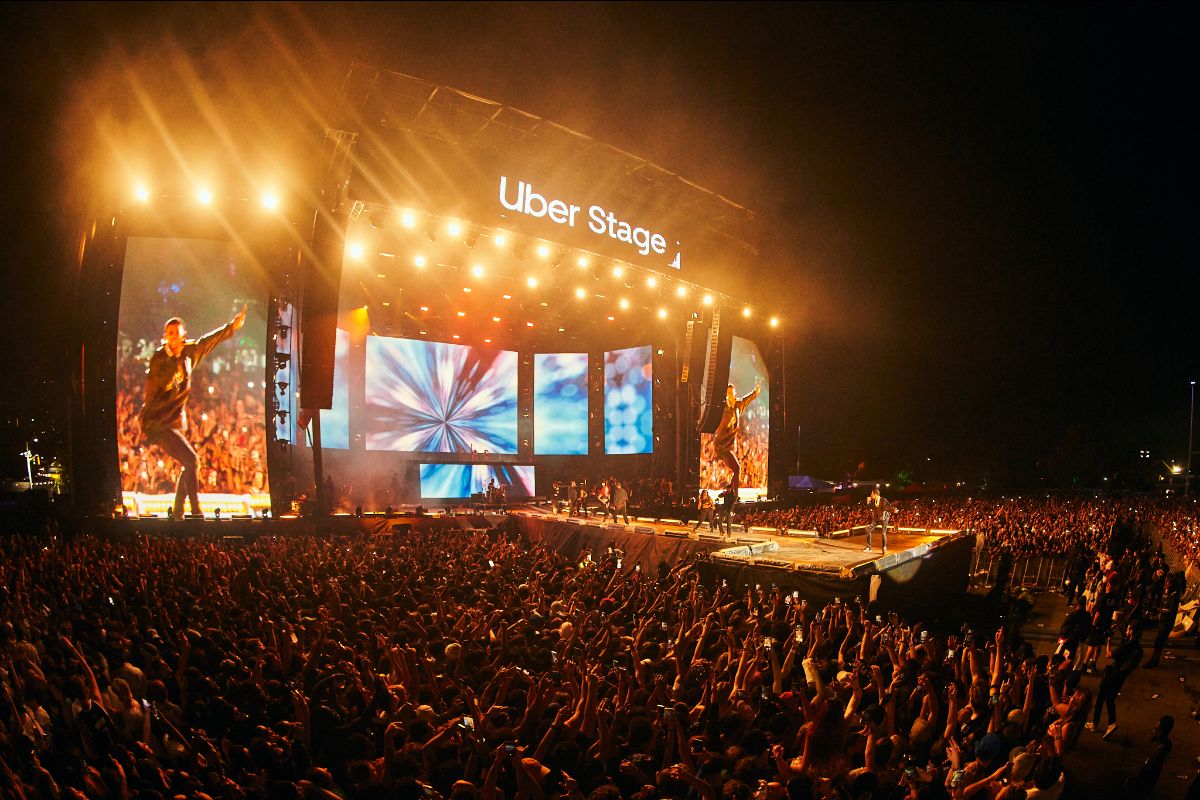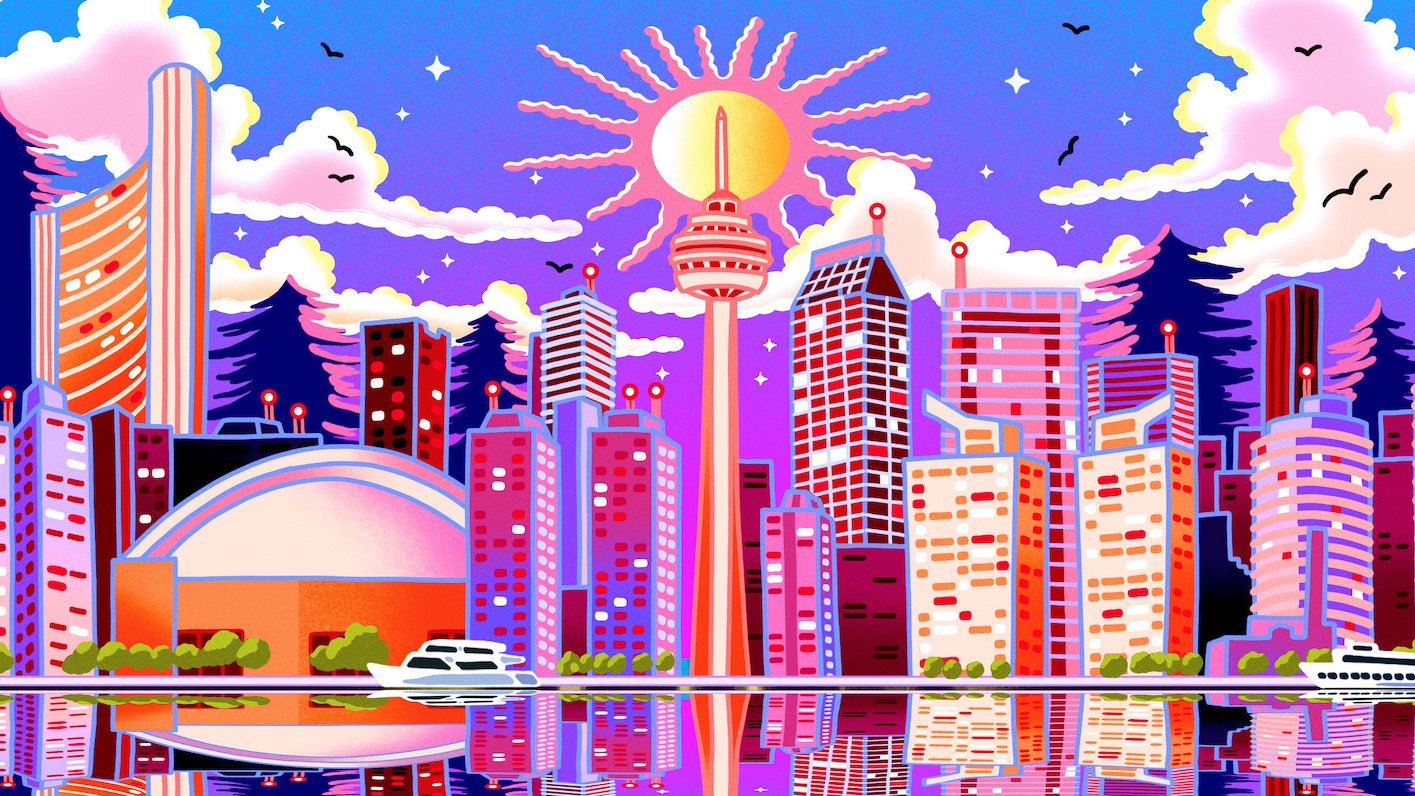Overcrowding. Gunshots. Delays, and no-shows. That is how Rolling Loud unfolded in Toronto for the first time in September 2022. Now, ten months later, the festival organizers are quietly going back on promises to return, and fans are not having it.
Despite a tweet from the official account stating “we can confirm we will be back in Toronto 2023” on January 13, 2023, the same account confirmed that Miami will be the final show of the year just five months later, thus shooting down any hopes for a Canadian appearance without so much as a formal announcement, let alone an explanation.

Canadian fans took to twitter to express their frustration with Rolling Loud, calling out the organization for not returning to the city after a mismanaged experience the year prior. One fan stated “[they] just cancel this year’s without even an official announcement lol. We see how much Canadian fans mean to you guys”, to which Rolling Loud casually replied “will be back, don’t stress”. Other fans expressed shock at the lack of a Toronto-related announcement at all, with some going as far as to say “the disrespect to Toronto rn is crazy”.
The lack of communication with respect to a Toronto appearance, as well as failing to come to the city in general, while understandably frustrating, could potentially be explained by the events that took place in September 2022. The lack of communication among attendees and crew, security issues, and poor logistical planning are among the leading reasons for Rolling Loud’s subpar stint in the 6ix, and why (we’re speculating) they decided to quietly cancel this year.
In speaking with media pass holders and attendees whose names will not be mentioned for privacy reasons, communication was limited before and throughout the duration of the festival. Ticket holders received little information in preparation for the festival, outside of potential set times and security requirements. Set times, stage changes, and event updates would not be shared in a timely manner (if, at all), leading to crowds missing their favourite artists’ sets, or overcrowding and reshuffling as people would rush to the new stages. A notably memorable example would be Lil Skies’ replacing of Lil Uzi Vert (more on that later), wherein he “[berated] the crowd” for their lack of enthusiasm as a result of set changes. The mobile app made available for attendees, intended to provide real-time updates, was also largely non-functional due to poor cell service. Attendees often had to rely on rumours and twitter to keep up with the changes, leading to confusion and frustration as ticket holders often missed sets, received cancellation notifications at the last minute, or did not receive accurate security information.

These effects of the lack of clear communication became comorbid with numerous security issues that threatened the safety of artists, staff, and attendees. Despite some limited information on gate requirements, informing ticket holders to only bring clear bags to the festival, agents allowed everyone through with little to no individual checking even for opaque backpacks. This could have potentially prevented a gun going off in Future’s VIP section on the last night of Rolling Loud, causing a major crowd to sprint away in terror. It was due to the VIP gate security guards’ quick response that no one was hurt as a gate was opened hastily for people to escape, and their handle on incomers to prevent them from going back into the area. Even with security presence, however, crowd control was often weak. Due to the combination on Rolling Loud’s part of Budweiser’s 16,000-people and Echo Beach’s 8,000-people capacity, Ontario Place became overcrowded, resulting in chaotic exits, missed trains, and the collapse of a floating bridge. The temporary structure led people between the Exhibition GO train station and Budweiser Stage (which was only used for press events, not actual performances, during this festival) creating a faster route for pedestrian traffic. This structure collapsed under the weight of the 24,000+ individuals estimated to attend, on the first day of Rolling Loud. Starting day two, the bridge had to be closed.
The culminating factor of the failure of Rolling Loud in Toronto is a direct effect of poor logistical planning. From badly managed stages and set times, underestimations of traffic and street-level infrastructure, crowd management, and facilities at the event space, the organization failed to properly protect ticket holders and ensure seamless operations for artists and crew.

Toronto’s highway and city infrastructure poses unique challenges for touring festivals, particularly due to recent increases in traffic, repairs, and construction. Developments at Ontario Place further impact where tour buses are parked and the travel time required for artists to reach their stages and press commitments. Media staff who committed to interviewing artists speculate that the trailer and tour bus locations played a significant part in delaying or cancelling sets. One member states “you had to take an escort from behind Uber stage, past two checkpoints all the way up to the GO Station. Artists were only allowed there less than an hour before their set and it was so locked down since they could only have one artist at a time I believe. The tight timings made us lose a lot of interview opportunities which sucked but it was worse for the artists.” For Toronto locals, it is easy to understand how being located under the Gardiner and only being given <60 min to arrive at your interview location, then prepare to take the stage, is an impossibly tight timeline to meet, especially when the venue space was overcrowded and staff could not communicate adequately. With limited time to travel and set up, plenty of artist interviews were cancelled due to time delays, and even some performances were impacted.
Other members believe the event was understaffed on Rolling Loud’s part, which played into the lack of foresight into seemingly obvious weak points: crowds, transportation, and technology logistics. Debit machines went down during the festival, preventing anyone to buy water or food for two hours. During a hot sunny day, dehydration can be extremely dangerous, particularly when people are crowding, partying, and exerting energy. Other brands present in the venue space would sample energy drinks for attendees in an effort to circumvent the lack of water. Being in General Admission posed another hydration issue, as staff could not adequately provide audiences with enough water bottles. MRE packs were often tossed at crowds from VIP sections. A media member even stated “the event vendors were so much more available and helpful than any RL worker, I would be asking the people selling icecream, or the people at the cereal bar for information since i couldn’t find a RL event worker”.

Lastly, leaving the venue space quickly became the biggest nightmare for all individuals present at Rolling Loud. Due to no designated pick-up location, the collapsed bridge, and overcrowding, ticket holders had few options to exit Ontario Place and reach public transit stations or open roads to drive off. Staff were corralling people out of the event with little to no guidance. The Uber Zone 3 that was ultimately reserved by Coronation Park was blocked off by traffic and created significant delays, leading some to walk over 40+ minutes east towards Downtown to order an Uber or taxi. The GO train service leading commuters towards the suburbs surrounding Toronto do not run past midnight, even during large festivals or events, so any ticket holders that required train service to go home at the end of the night would be stranded if crowding delayed them.
Rolling Loud is understandably withholding explanations for why they will not return to Toronto in 2023, and why promises for the future are vague and unassuming. To address the challenges mentioned earlier, as well as the many other concerns individual artists and attendees made, would be a monumental task. A Toronto edition of the festival would require in-depth logistical planning to ensure timely and clear communication among staff, artists and attendees, safety of all individuals in the venue space, and transportation and travel requirements. Due to the complexity of Toronto’s infrastructure, safety requirements, and the overall quality of experience required for artists and fans for a festival of this caliber, the organization must make strides to make a triumphant return here. We will continue to update this story if Rolling Loud’s team shares any additional details on a potential future Toronto date.

